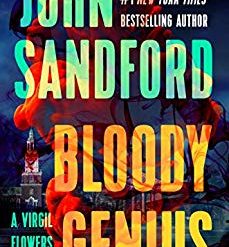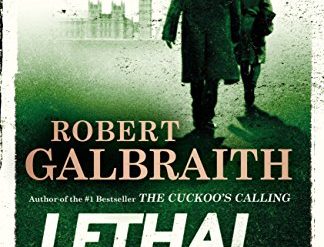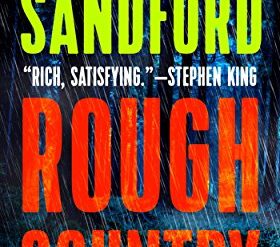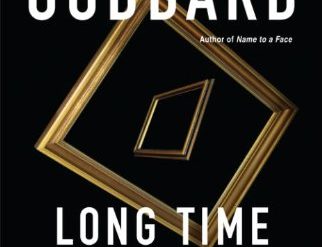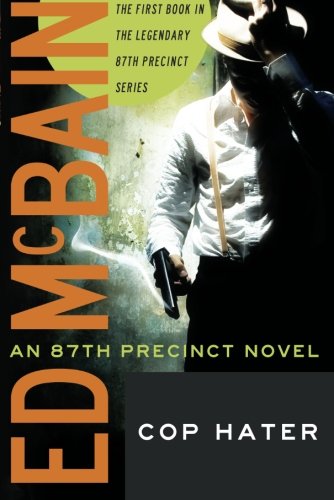
Estimated reading time: 5 minutes
On radio, then on television, we had Dragnet and a scattering of semi-documentary films such as The Naked City as well as a handful of novels that celebrated police operations. But on the printed page police procedurals didn’t come of age until the publication in 1956 of Cop Hater, the first entry in Ed McBain’s long-running series of 87th Precinct novels. The pseudonymous author was better known by his adopted name, Evan Hunter, a “serious” writer who had gained success with The Blackboard Jungle, which was made into a popular 1955 film. And his polished writing style is evident in Cop Hater. It’s filled with colorful detail and evocative prose. In every way, this early police procedural is still eminently readable nearly seventy years after its publication.
A “conglomerate detective hero”
The 87th Precinct novels set a new direction in detective fiction. There is no fixed protagonist, no hero cop who transitions from one book to the next. McBain celebrates what he calls in a retrospective comment a “conglomerate detective hero.” He shifts perspective from one officer to another, fixing on one or several of them in each succeeding volume. Here, in Cop Hater, he introduces a pair of detectives, Steve Carella and Hank Bush, who begin investigating the murder of a brother officer, Mike Reardon. For a time, they hog our attention. But that doesn’t last. Others enter the picture. And in the process we gain a fuller understanding of big-city police operations in the 1950s.
Cop Hater (87th Precinct #1 of 52) by Ed McBain (1956) 224 pages ★★★★★
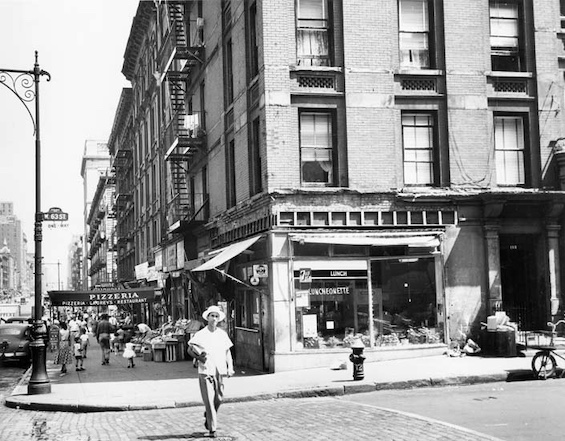
When the world seemed simpler
For modern sensibilities, reading Cop Hater today can be jarring. It may seem like a story set in another world. After all, this was the 1950s, when women were girls, African Americans were Negroes, the “milkman” still delivered door to door, and if you had a telephone at all it was probably on a shared “party line.” Oh, and probably nobody you knew had a television set or air-conditioning yet.
A mixed picture of the era’s police
The setting for the novel is a fictional city that’s clearly New York by another name. And the cops of the 87th Precinct, like their doppelgängers in the NYPD, employ the latest in forensic science known in the era. Blood typing. Ballistic analysis. Forensic pathology and toxicology. Handwriting and typewriting analysis. But identification by DNA was decades away, and only the FBI had a crude computer database of known criminals. Clearly, McBain had done his homework, because he depicts the officers of the 87th Precinct routinely making use of the most advanced techniques.
But in another important respect his portrayal of the police is unrealistic. Because it’s clear in context that McBain was an ardent supporter of the police. He sarcastically rejects reports in the newspapers of police corruption. This, at a time when many of the underpaid officers of the NYPD were “on the pad,” extorting and accepting bribes from all and sundry. And looking the other way when their benefactors acted out of turn.
About the author
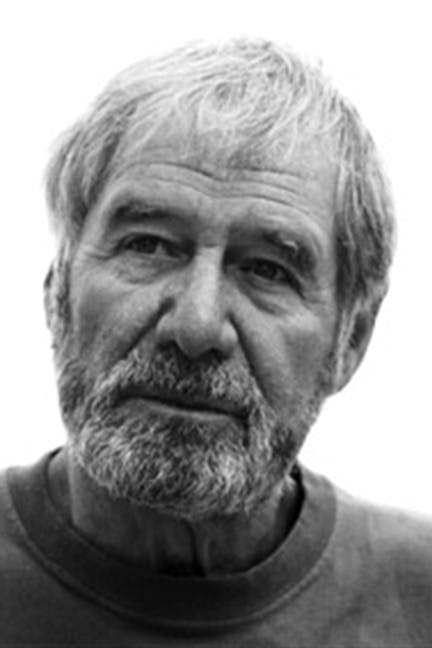
Ed McBain (1926 – 2005) was the pen name of Evan Hunter, who was born Salvatore Albert Lombino in New York City. Hunter wrote ten novels under his own name as well as two other pen names before he published Cop Hater in 1956. Among them was The Blackboard Jungle, which was memorably adapted to film in 1955. It was one of eight of his novels produced as feature films.
Hunter wrote many other novels (including pornography, as rumor has it) under his own name as well as other pen names. He also published 13 collections of short stories, two plays, four screenplays, two autobiographies, and three teleplays. But he reserved the name Ed McBain for the 52-book 87th Precinct series, for which he remains best known today.
Hunter was a veteran of World War II, serving in the US Navy in the Pacific. He majored in English and psychology at Hunter College in New York, graduating in 1950 at the age of 24. Hunter had three sons. He died at 78 in Connecticut.
For related reading
This is one of The best police procedurals.
A decade after Cop Killer appeared two Swedish mystery writers published the first in an outstanding series of ten police procedurals centered on homicide detective Martin Beck. The series is credited with launching the genre Nordic Noir. The first of the ten books was Roseanna by Maj Sjöwall and Per Wahlöö (Today’s Scandinavian detective fiction started here). I’ve reviewed many of the other books in the series as well.
For other fascinating police procedurals, see Police procedurals spanning modern Russian history and The engrossing John Madden British police procedurals.
You might also enjoy my posts:
- Top 10 mystery and thriller series
- 20 excellent standalone mysteries and thrillers
- 30 outstanding detective series from around the world
- Top 20 suspenseful detective novels
And you can always find my most popular reviews, and the most recent ones, on the Home Page.

